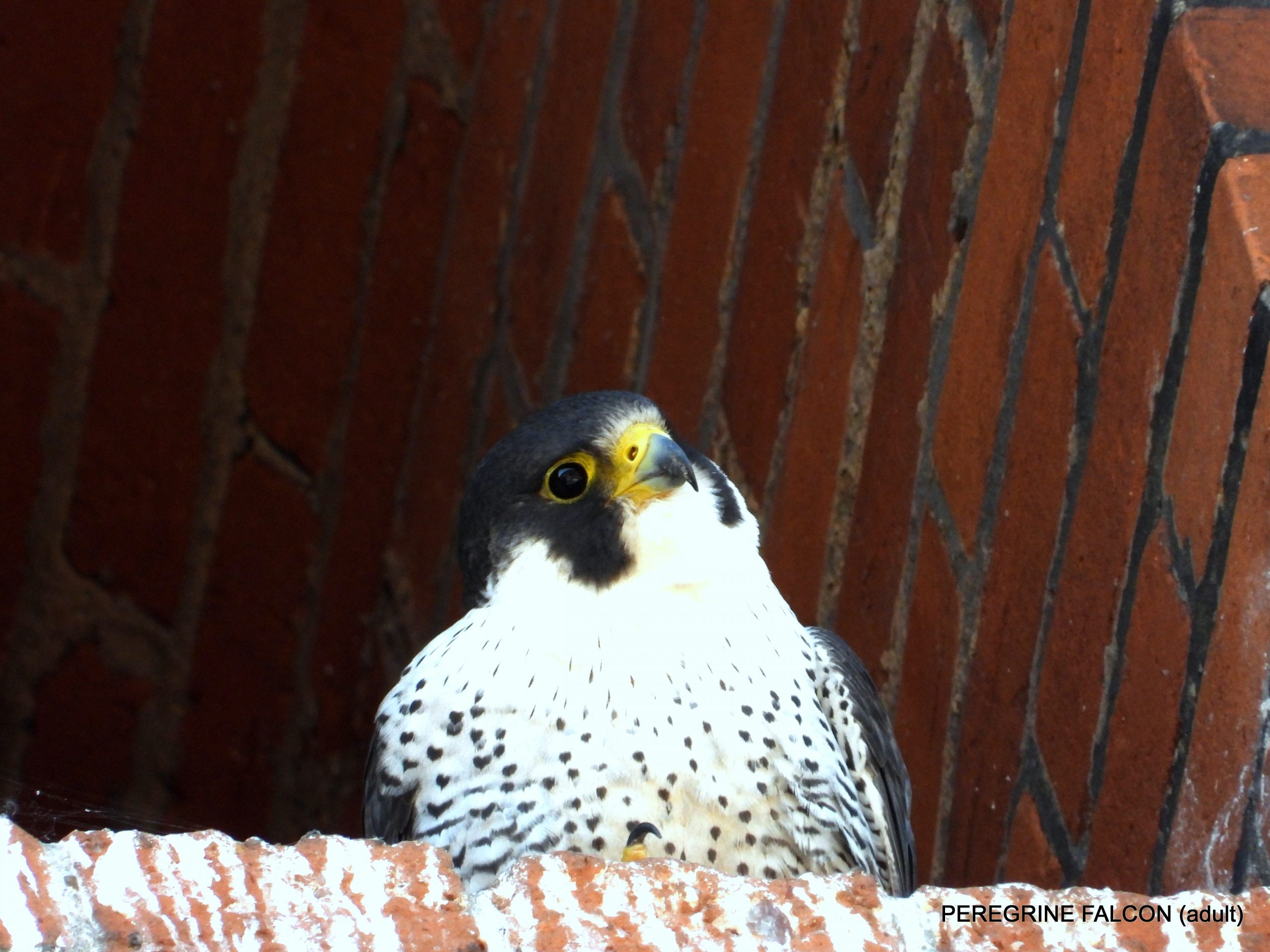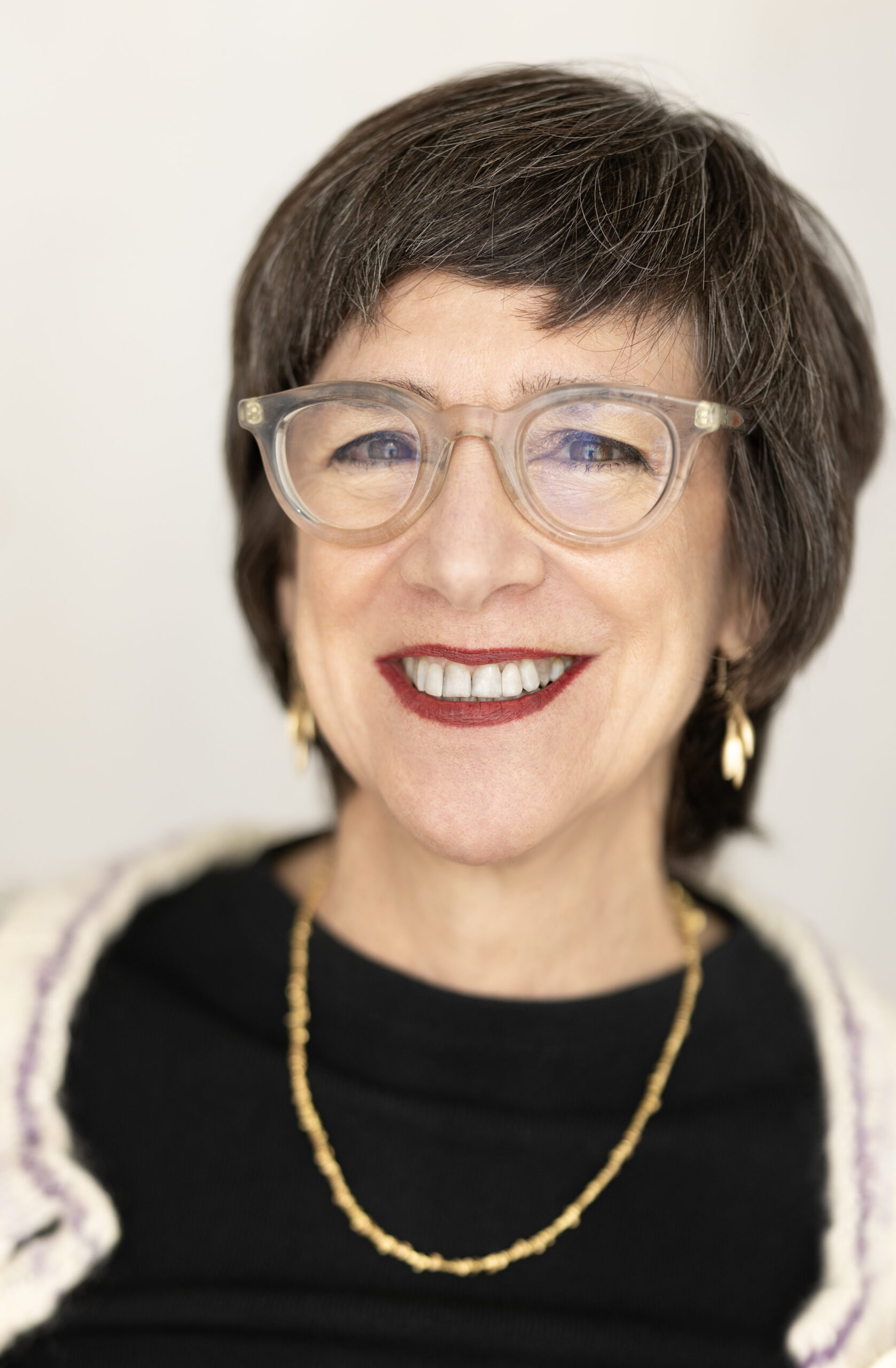“You were only waiting for this moment to be free.”
Lennon/McCartney, “Blackbird”
As a Bronx kid at a homeless shelter, he watched
a peregrine falcon devour a pigeon on the windowsill,
and what began in violence leapt to awe,
and awe begat beauty.
He’s grown to be a birder who shares our passion.
Through the lens, he sights a warbler
and the flash of a goldfinch who’s migrated North,
whispering his excitement.
And yet he remains apart, that rare species among us,
for unlike us, when alone
he must take the greatest care removing
binoculars from his backpack,
must handle them slowly, keeping them in full view
for they are black,
the color and size of a gun. Am I wrong
to think of him as a blackbird—no, a starling,
iridescent, grazing the earth at dusk and dawn
in city parks but gazing up, not down?
But he also peers into the dense
hiding places he knows well,
the shadow-cover where the living
must sometimes take refuge to stay alive.
Maria Terrone is the author of the poetry collections Eye to Eye, A Secret Room in Fall, and The Bodies We Were Loaned, and a chapbook, American Gothic, Take 2. Her work, published in French and Farsi, has appeared in such media as Poetry, Ploughshares, Poetry Daily, and The Hudson Review and in more than twenty-five anthologies. At Home in the New World was her creative nonfiction debut. She lives with her husband in Jackson Heights, Queens, one of the most linguistically and ethnically diverse places in the United States. Visit Mariaterrone.com.




